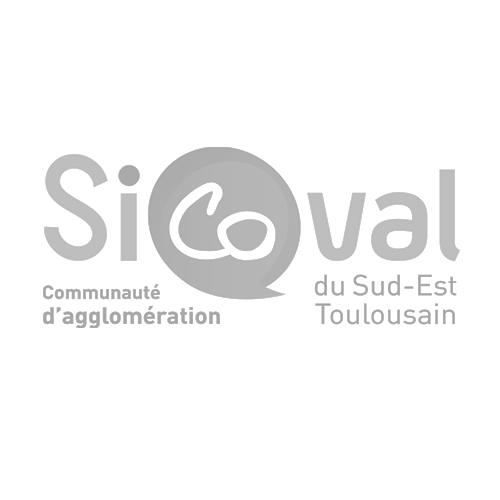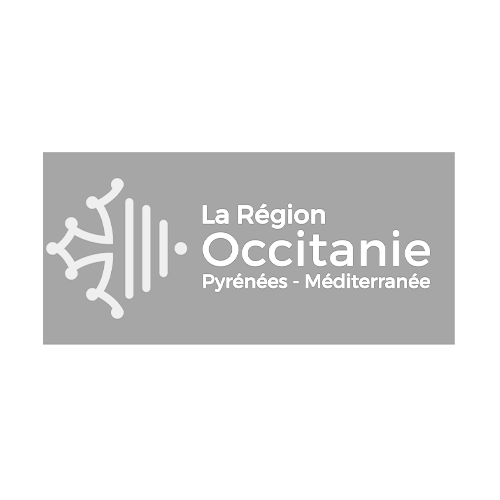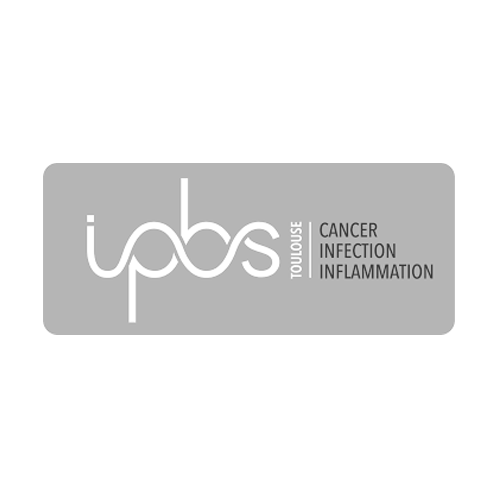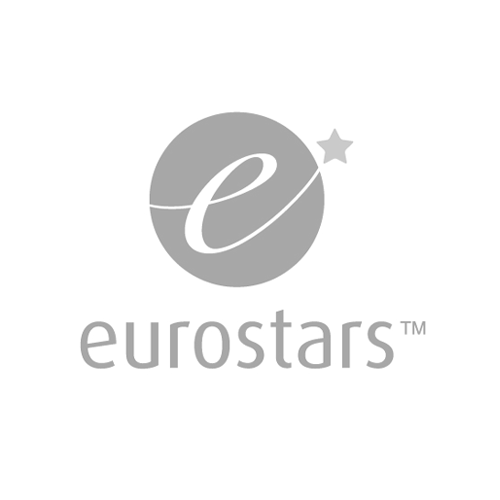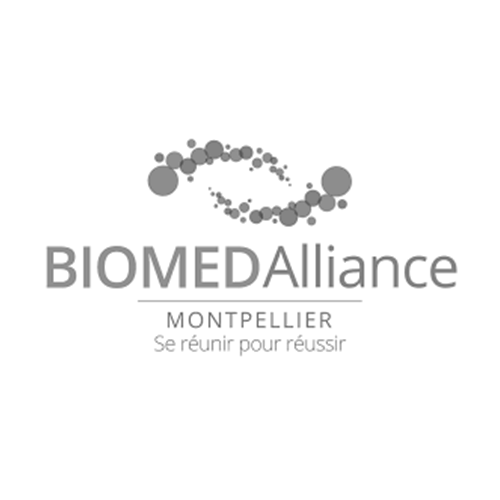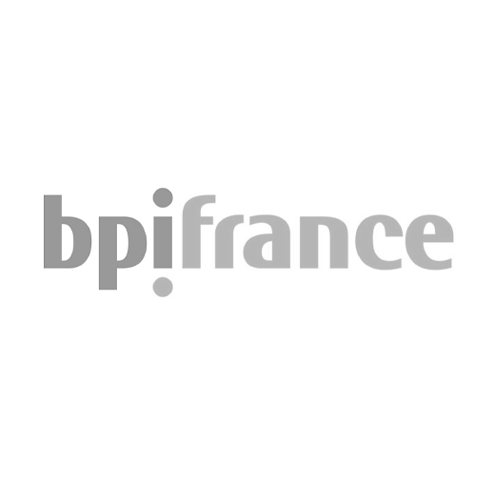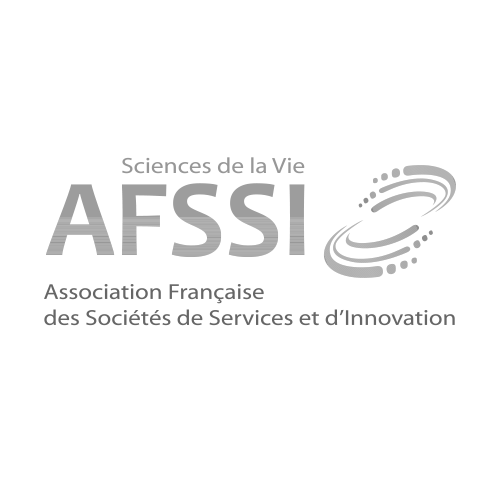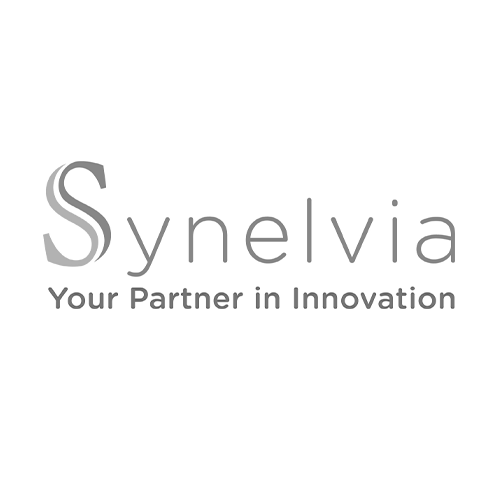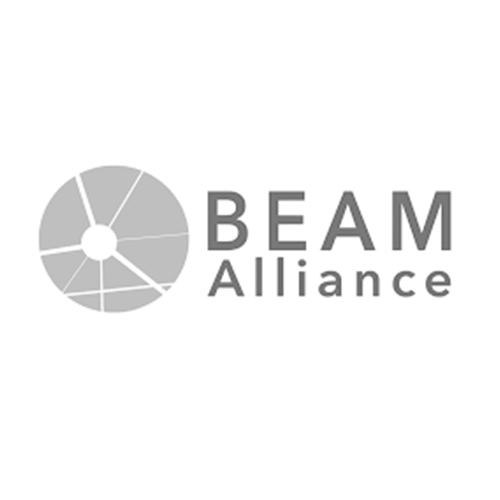Vibiosphen's Expertise and Vision : a CRO specialized in infectious diseases
One Health paradigm promotes a global effort to achieve the best solutions for human and animal health considering the environment. Vibiosphen is fully engaged in this new paradigm in drug development.

The One Health approach in drug development
Since 2014, thanks to our partners, our clients, and a fantastic team, Vibiosphen has innovated in the field of infectious diseases.
Our approach aims to contribute to the development of pharmaceutical compounds in the OneHealth paradigm. A systemic method allows us to boost time of development and quality of output results by combining various in-house expertise on microbiology (Bacteria / Virus / Fungi).
Challenges in
infectious diseases
Each year, infectious diseases triggered by bacteria, parasites, viruses and fungi are responsible for 5.7 million deaths worldwide. Infectious diseases remain the leading cause of death in several countries, increasingly as a result of antibiotic resistance. Antimicrobial resistance, driven by misuse of antimicrobials in people and in animals, has become a serious public health threat for effective treatment of an ever-increasing range of infections. Resistant pathogens are causing 700,000 deaths per year, and 10 million deaths per year are expected by 2050, a number higher than the 8.2 million caused by cancer today. The medical need for improved therapeutic solutions for infectious diseases is striking.


Vibiosphen vision
Given the important and interdependent human, animal, and environmental dimensions of antimicrobial resistance, the One Health concept promotes a global effort to achieve the best health for people, animals, and the environment. In this context, Vibiosphen takes part of the efforts that are underway to develop new anti-infective therapies, to rejuvenate the antibiotic pipeline, develop novel antibiotics, and discover innovative therapeutic strategies for priority pathogens. Based on its pluridisciplinary and integrated approaches, Vibiosphen, with more than 8 years of expertise, offers support for the design of preclinical studies for the development of innovative solutions in the fight against infectious diseases.
Team and scientific board
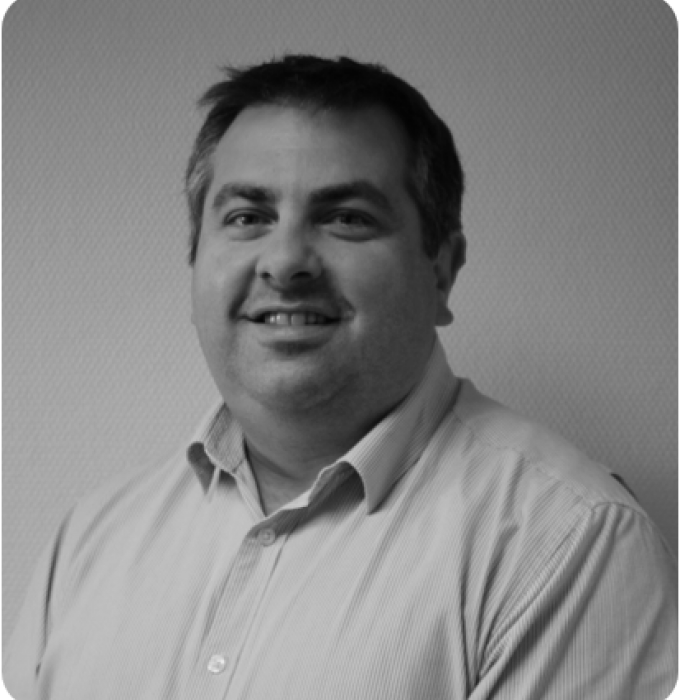
Maxime Fontanié
Founder and CEO
Maxime is an entrepreneur with a degree in engineering and an executive MBA. He has a broad expertise in pharmaceutical R&D, biotechnology, strategy and business development. Maxime began his career at INSERM (french academic institute). In 2002, he moved to Sanofi where he conducted numbers of drug development as team leader, international Projet Manager, and pharmacologist scientist. Maxime cofounded Vibiosphen in 2014 and Enterosys in 2017.
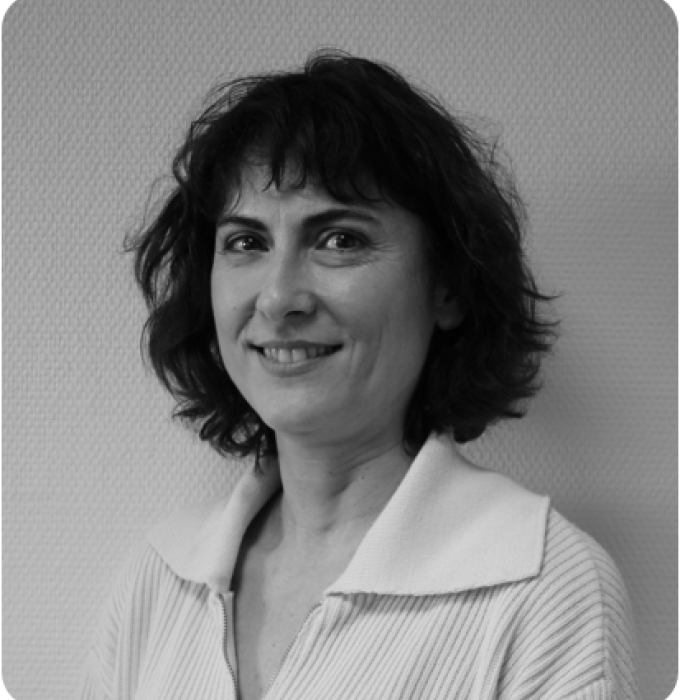
Dr Patricia Martin
CSO
Dr. Patricia Martin has a solid background in molecular microbiology in the context of the pathophysiology of infectious diseases.
After a thesis on the genomic instability of an antibiotic-producing bacterium, she turned to study the pathogenicity of bacteria, such as meningococcus in Oxford then in Paris and Escherichia coli in Toulouse. During this academic career she acquired skills in project management, team management and communication.
In 2020 she joined Vibiosphen as Chief Scientific Officer.
Patricia Martin is the author of 34 international publications, 2 patents and is authorized to supervise research.
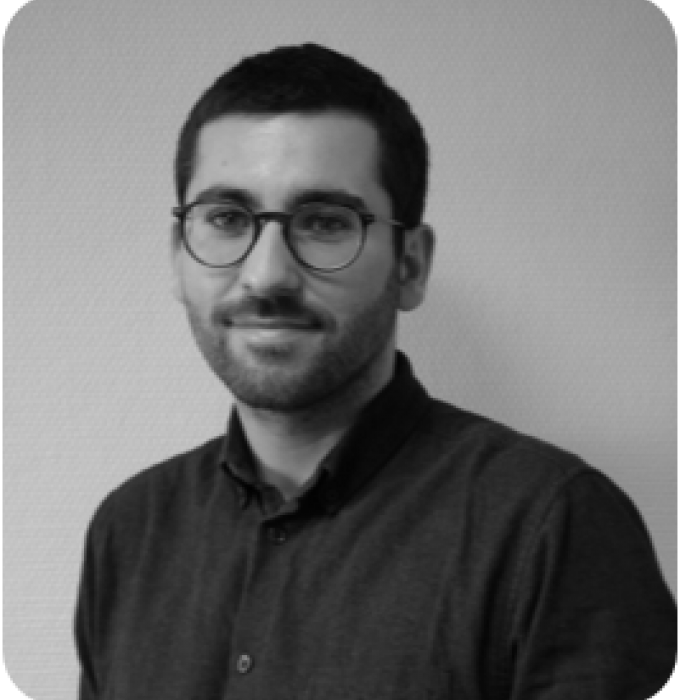
Christophe Fremez
Pharmacologist Scientist
After an experience at INSERM and Sanofi, Christophe joined the company in January 2015 as a pharmacologist scientist. He has a master degree in infectious immunology field. With a strong experience in in vivo mouse model, molecular biology, microbiology and immunology , Christophe is responsible for the design and the achievement of preclinical infectious experiments (pulmonary infection, UTI, …) in Bsl2 and Bsl3 facilities. He is in charge of quality management.
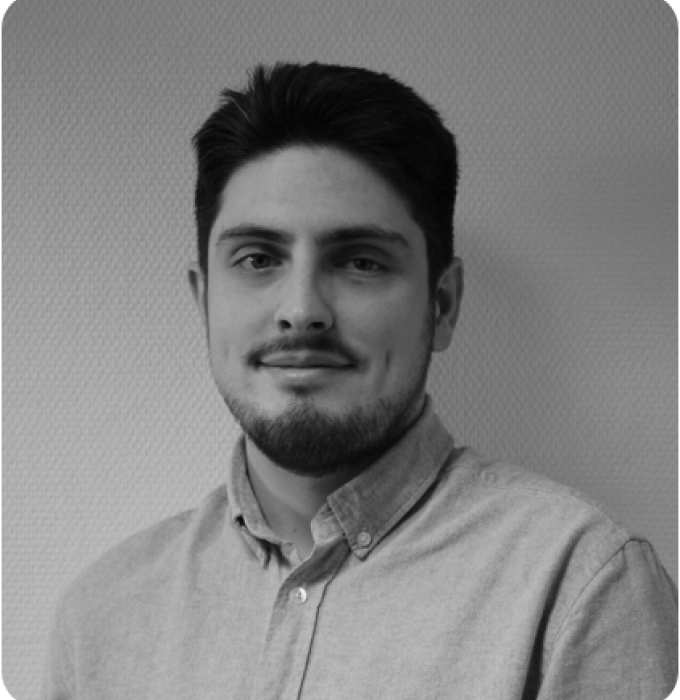
Alexandre Laurent
Pharmacologist Scientist
Alexandre is a project manager for the in vitro tests. After validating his master degree in biology engineering in 2020, he was recruited by Vibiosphen as a pharmacologist scientist. Alexandre has specific skills in cell culture, immunology and microbiology. As assistant lab manager, he is responsible for material and devices.
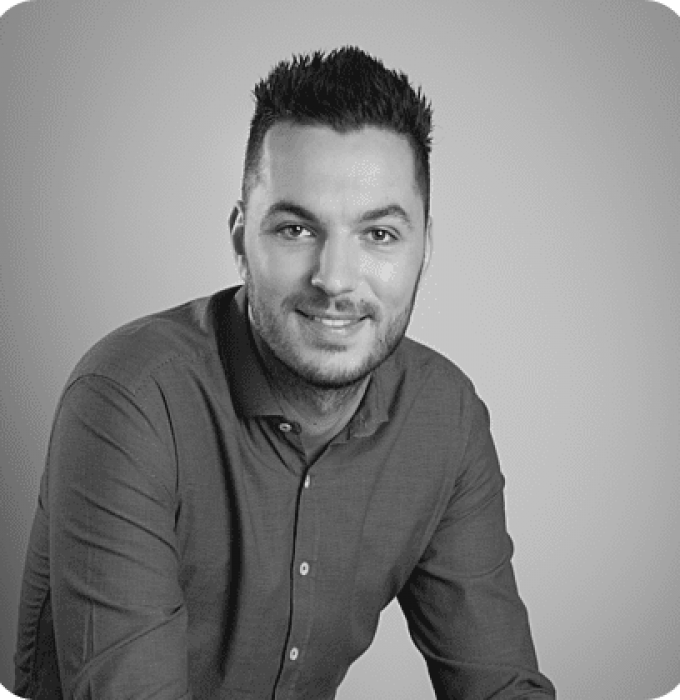
Robin Dumas
Chief Business Innovation Officer and Strategic Alliance
Robin is in charge of Vibiosphen development on national and international territory. He has a scientific background thanks to his master degree in biotechnology and an MS in technological innovation.
He has an experience in business development in small and medium biotechnological companies in France and in the US (San Diego).
He is responsible for the business development (customer relation and account management) and the digital marketing (strategical marketing and lead acquisition) at Vibiosphen.
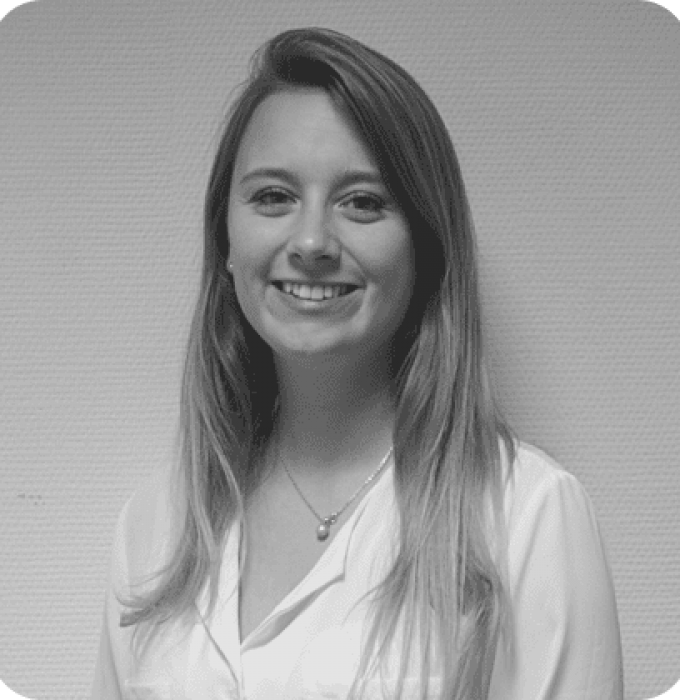
Célia Lecacheux
Pharmacologist Scientist
Célia is project manager for the in vitro and in vivo tests. After an experience at INSERM, she was recruited by Vibiosphen in 2021. She has a master degree in management of preclinical experimentation. She has expertise in laboratory animal practice (surgery certification), ethics and legislation. She has level II (project designer) in animal experimentation. As assistant lab manager, she is responsible for material and devices.

Dr. Christian Giske
Member of scientific committee
Dr. Christian Giske has multiple years of experience as senior consultant clinical microbiologist and associate professor at Karolinska University Hospital and Karolinska Institutet. The main focus of his research is pneumonia and antimicrobial resistance. He is responsible for several projects, including multidrug- and extensive drug-resistance increases among clinically important bacterial species. Factors promoting the long-term carriage and invasive disease in strains of these species are also investigated. The group has built up expertise in the characterization and handling of various drug resistant strains from different continents.
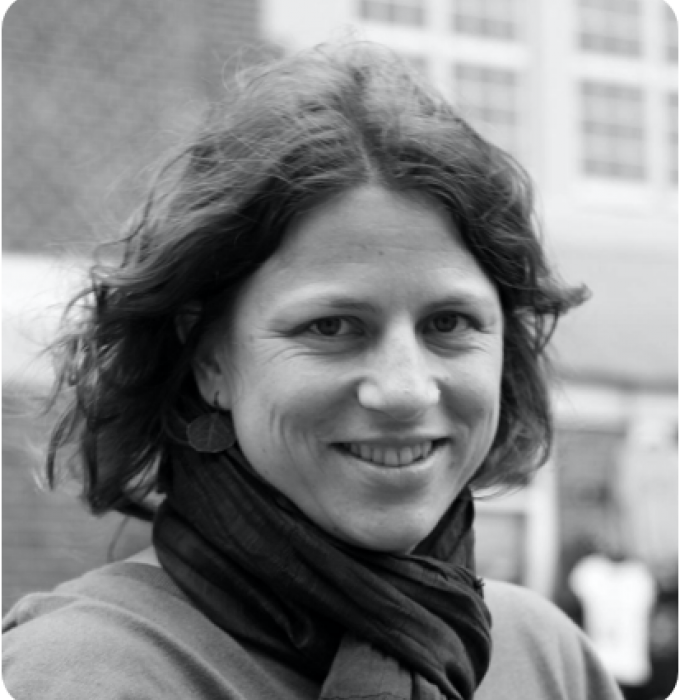
Dr Mariette Ducatez
Member of scientific committee
Mariette Ducatez is research director at INRAe, in Interactions Hosts-pathogens (IHAP) research unit. She worked in Luxembourg and then in the United States before coming to Toulouse. She has been a researcher in virology since 2006 with a particular interest in influenza viruses with a human-animal interface, and more generally animal respiratory viruses. She works both on animal virus surveillance projects (mainly in Africa), projects aimed at understanding the pathogenesis and transmission of these pathogens, as well as on issues of prevention and control of viral diseases.
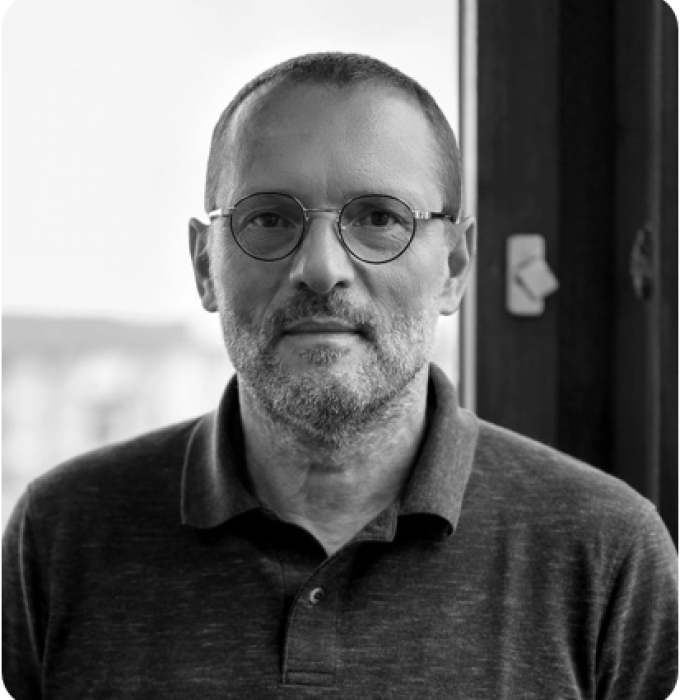
Laurent Fraisse
Member of scientific committee
Laurent Fraisse joined the Drugs for Neglected Diseases initative (DNDi) as Research & Development (R&D) Director and Executive Team member in October 2019. In this capacity he drives DNDi’s science strategy and oversees all research and clinical activities worldwide.
Laurent joined Sanofi in 1999 after a ten-year tenure as a science leader in Elf Atochem. During 20 years at Sanofi, he rose to serve as Vice President for Infectious Disease R&D, addressing medical needs in bacterial, parasitic, and viral related infections. He then joined Evotec as Executive Vice President for infectious diseases with the mission to accelerate the infectious disease research pipeline development and initiate new open innovation R&D initiatives.
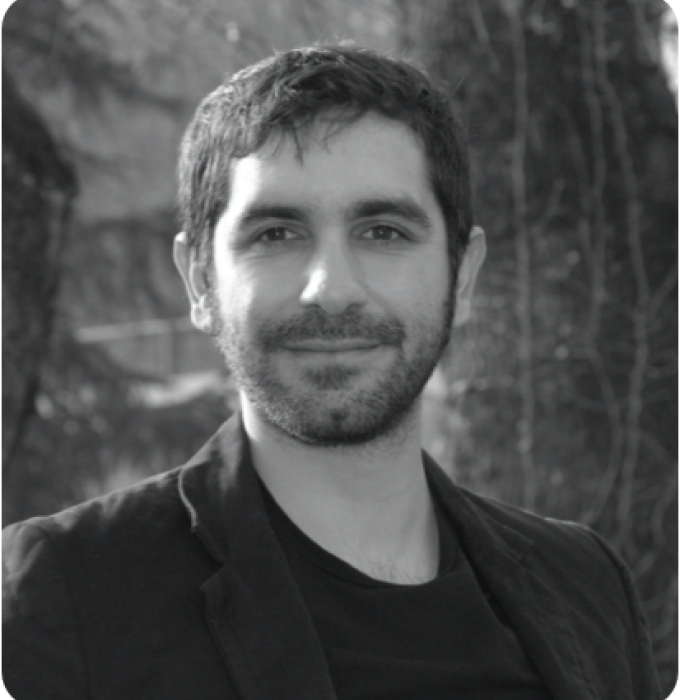
Dr Etienne Meunier
Member of scientific committee
Etienne Meunier CNRS Researcher has open his emerging research team “INFLAME” in 2017 at the IPBS institute. The unifying thematic of his research is the investigation of the immune and microbicidal functions of programmed necrosis upon microbial challenge. This research area has been matured along his post-doctoral experience in Switzerland (Biozentrum, Univ. of Basel) but also by the addition of numerous supports from collaborations, which could lead to important contribution releases in the identification of host cell components that modulate the activation of innate immune sensors. This research was strongly supported by fundings from various agencies, such as the ERC council (ERC StG), the ANR, the FRM young PI emerging program, the ATIP-Avenir program, the ESCMID society
Our fields
One Health paradigm promotes a global effort to achieve the best solutions for human and animal health considering the environment.

